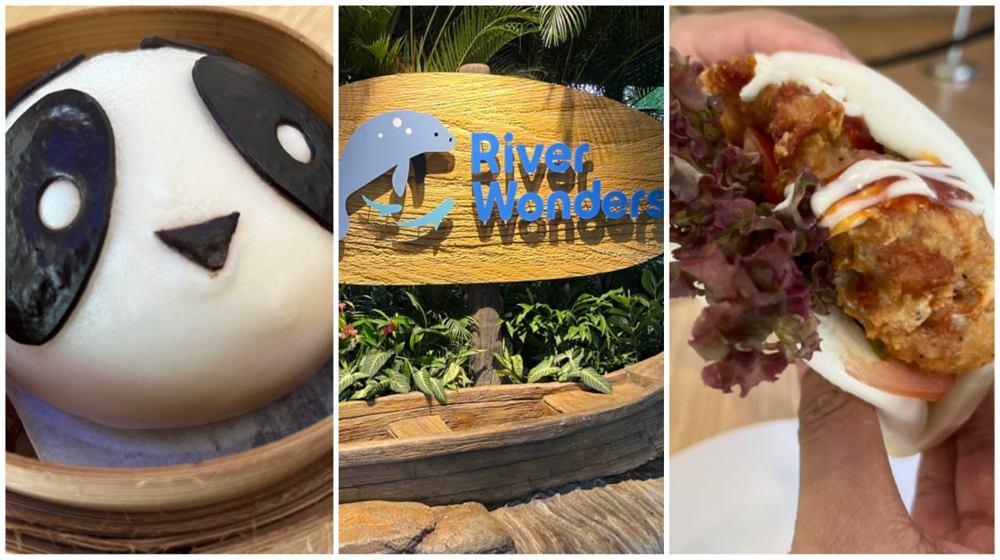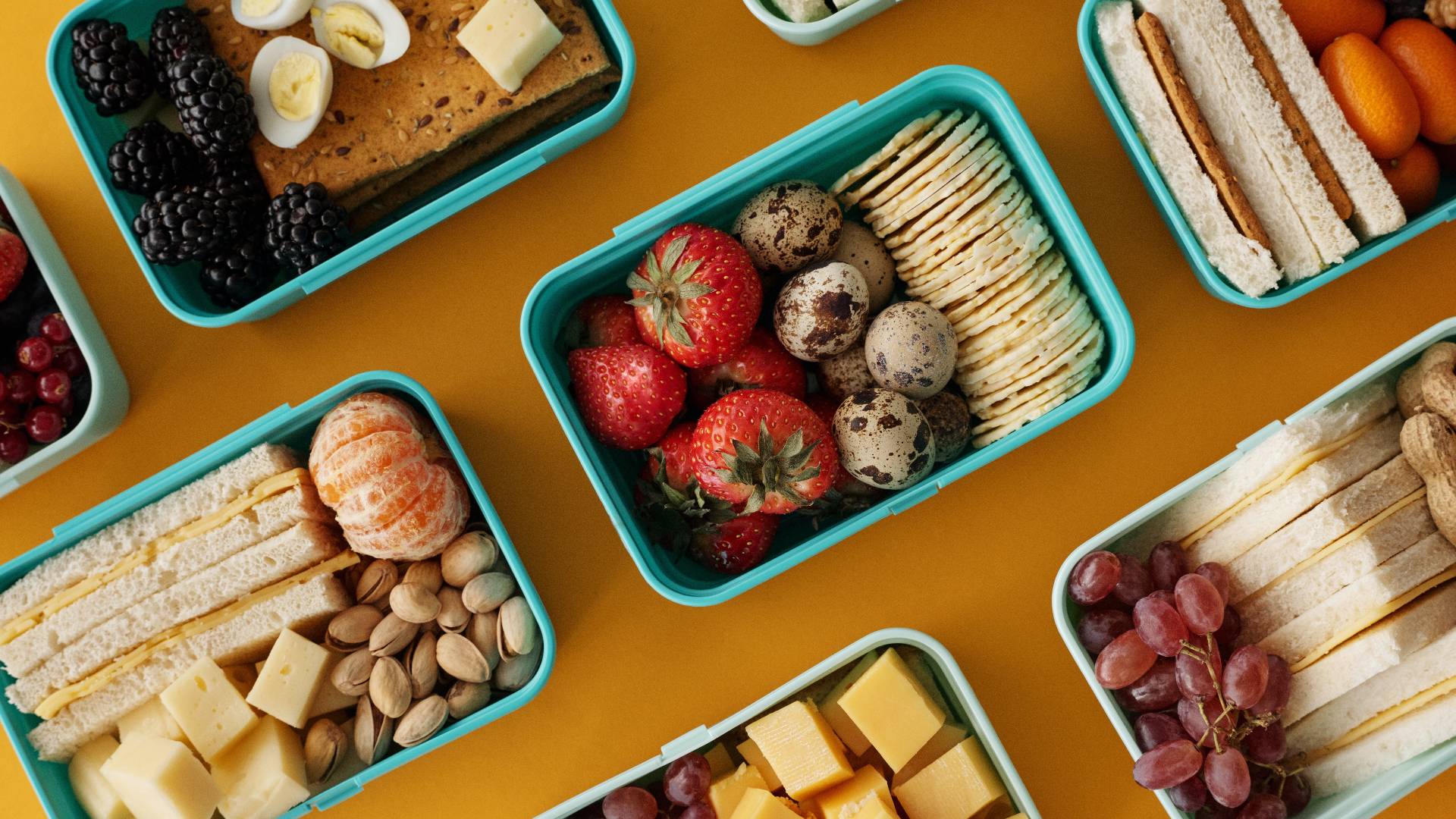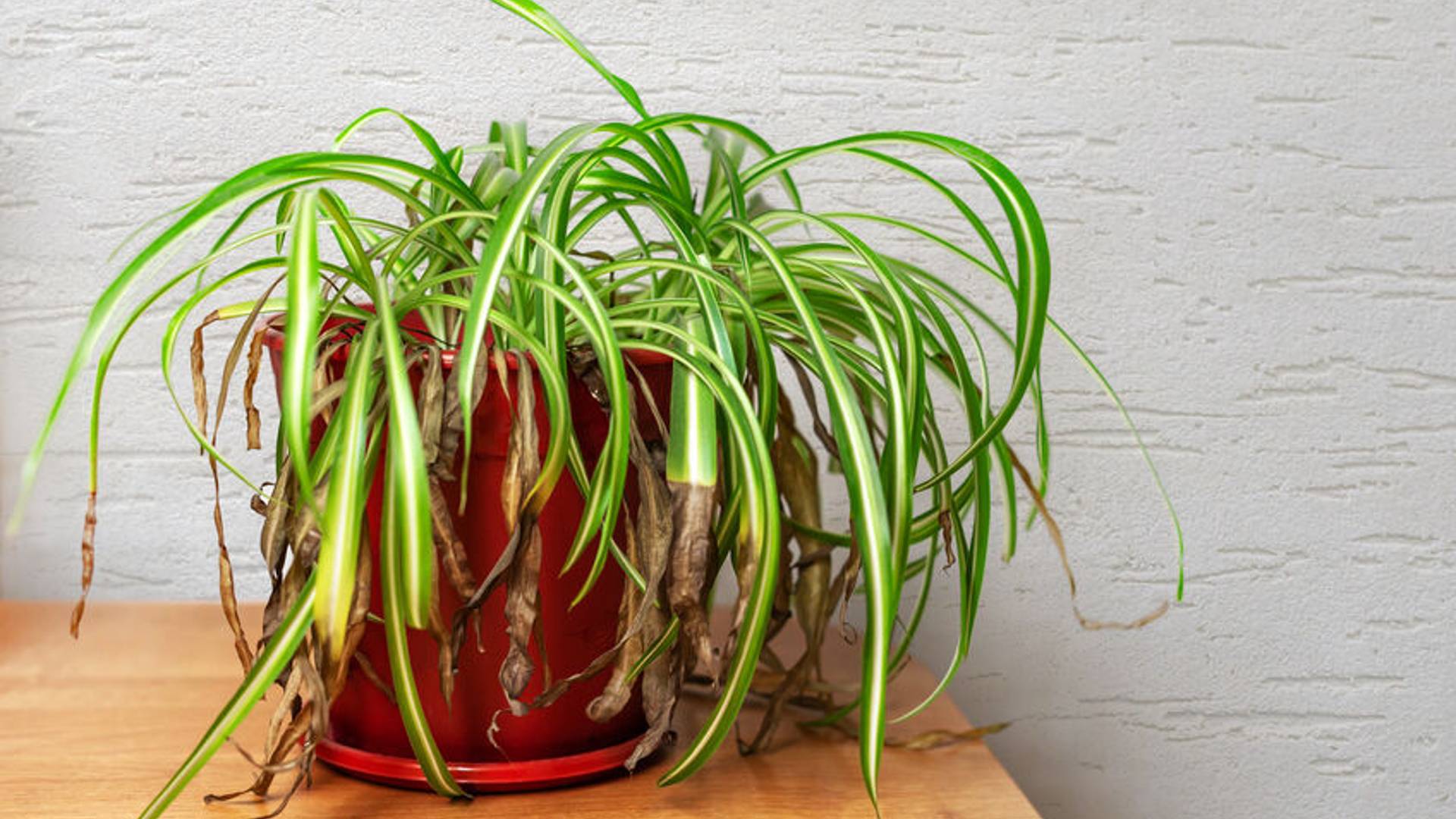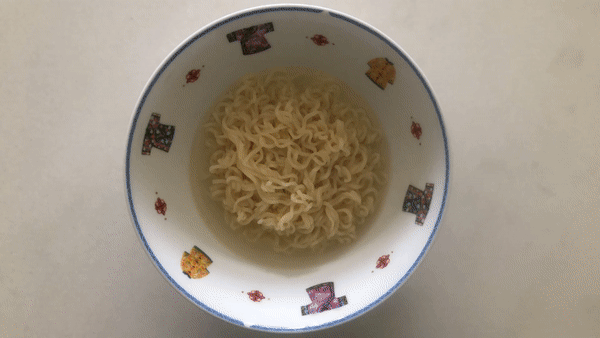Chew On This: Save The Earth As You Eat - Here's How
We’ve heard it too many times to ignore. If we are going to leave a liveable Earth for future generations, we have to start living consciously and sustainably, with an eye towards being kind to our environment.
One of the most drastic ways in which we contribute negatively to the planet’s health is through our eating habits. The foods we choose and the implements we use to cook, eat and transport them all amount to significant detrimental effect on the environment.
In fact, the very destruction of our natural resources is driven by our food production systems. This is why the old trope that “you are what you eat” rings truer now than ever before. How to be better to the environment and to yourself? Here are a few ways in which you can start.
Bring your own lunchbox
Now that the pandemic has made takeaways and eating-in more necessary than ever, it pays to bring your own implements so that we can reduce disposable waste.
Think of it as going back to the old days when people brought their own tiffin carriers to the hawker centre to da bao food. When heading to your favourite bubble tea or coffee shop, say no to straws and bring your own cups.
You might even save money doing that since stores like Foreword Coffee offer a 10 percent discount to customers who bring their own cups, while The Lokal will give you $1 off your drink.
Eat less meat
Farming and animal agriculture affects our land and water consumption, and contributes greatly to climate change and global warming. Think about it: It takes about 100 times more water to produce a pound of meat compared to producing a pound of wheat. While you don’t have to go vegetarian, you can make it a point to eat less meat by avoiding it one or several times a week. This is not only good for the planet, but for your health too.
Lay off the beef
When you do eat choose to eat meat, think about which meats are better for you and for the Earth. On average, one serving of beef emits about 8kg of greenhouse gases. In comparison, chicken emits just 2.5kg. Much of Singapore’s chicken and seafood is farmed locally or in Malaysia, which means you are also leaving less of a carbon footprint by opting for them since beef typically comes from much further away, like Australia and the USA.
Explore plant-based “meats”
We get it. Sometimes you just want the taste and texture of meat. Thankfully, meat alternatives abound, from Impossible Burger and Omnipork to Shiok Meats and Quorn. And they are all easily available at supermarkets today. Try experimenting with one variety a week just to sample what they taste like, what you could do with them and which you prefer.
Ditch the processed foods
How many times have you been told that you should lay off the potato chips, cup noodles and candy? Well, apart from being unhealthy for you, processed foods maintain a high carbon footprint since they are made with different ingredients from various parts of the world that each require travelling, manufacturing and distribution.
Next time you feel an urge for something sweet, reach for fresh or dried fruit instead. Or fry your own potato chips. Sure, they take longer to make, but that means you’ll appreciate them more. Plus, you’ll know for sure there are no preservatives or artificial flavourings in your snack.
Limit your trips to the store and shop at the wet market
Staying home in this pandemic has its merits. It helps you minimise potential contact with the virus and reduces your carbon footprint. If possible, walk to your nearest grocer or supermarket and try to shop just once a week. And don’t forget to bring your own bags while you’re at it.
If there is a wet market near you, try patronising the stalls there instead. The produce at wet markets are not individually packed, which means you are helping to cut down on the use of packaging and plastic bags. Besides, the produce is fresher and cheaper at wet markets.
Grow something
Even if it’s just a pot of basil or mint, the process will give you some understanding of the attention and time needed to help a plant thrive and grow. You would also be using only what you need rather than buying a packet of herbs when you only need a sprig or two.
For the latest updates on Wonderwall.sg, be sure to follow us on Facebook and Instagram. If you have a story idea for us, email us at [email protected].



/roundup_5_april_2024_rectangle.jpg?sfvrsn=21b9d2d9_1)







